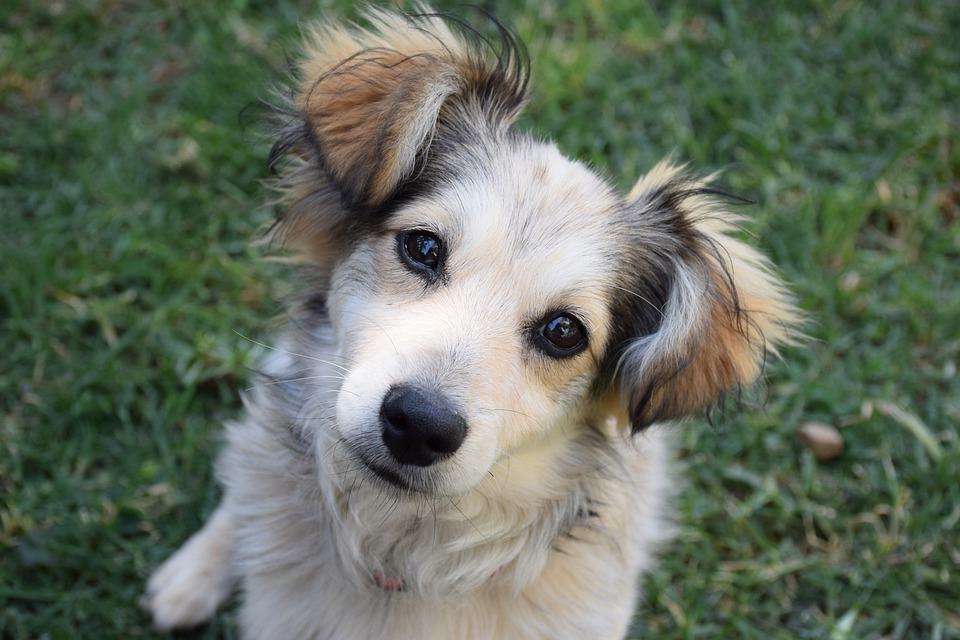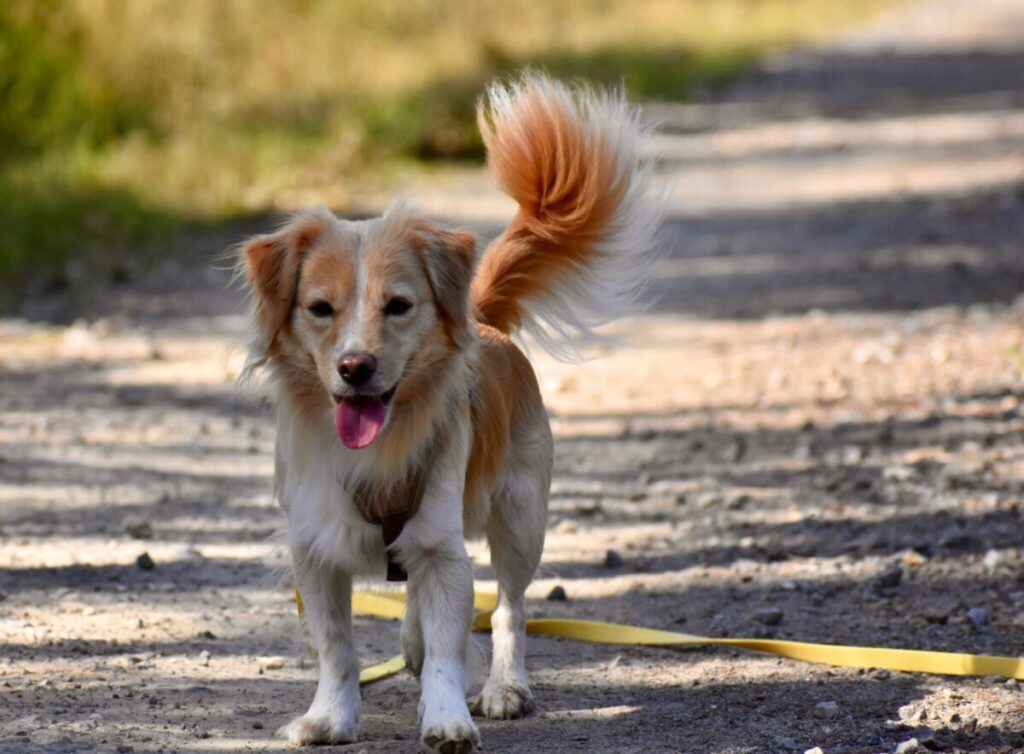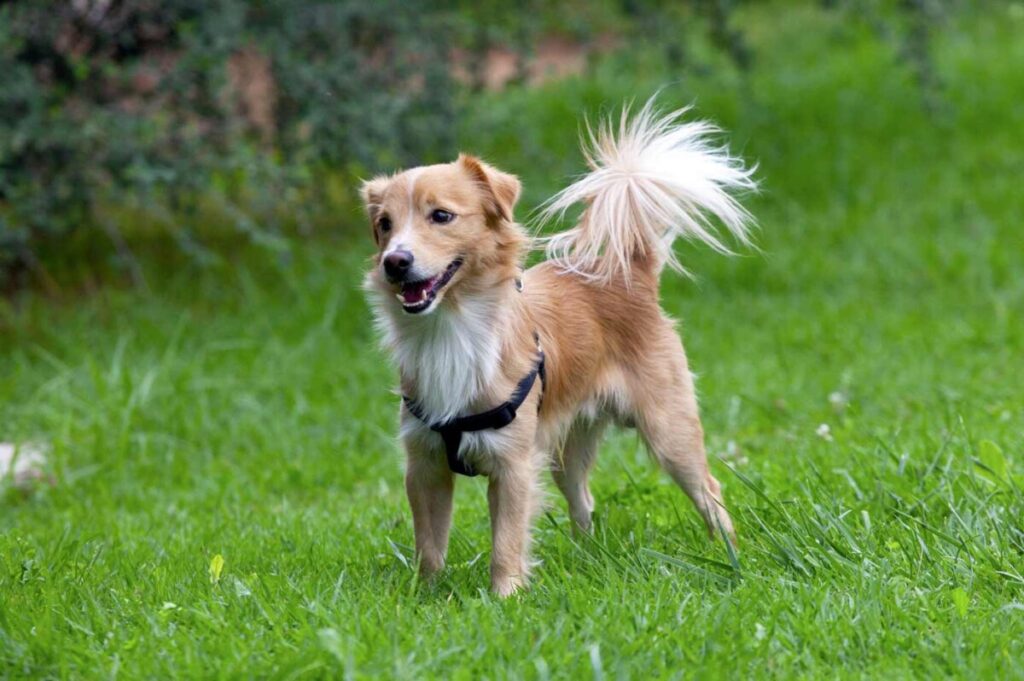Those of us who have met or adopted a kokoni know for sure how we have loved it.
What can one expect from Kokonis, a dog breed with roots in Ancient Greece? The positives of their character are countless, and if you are thinking of adding a little dog to your family, we recommend that you do so without a second thought.
We see kokonis everywhere. It is one of the most famous Greek breeds with roots in ancient Greece. Many may confuse them with the alopekis, another ancient Greek breed, but they should not be confused as they have a different morphology and history.
So let's look at some information about our beloved kokonis to get to know them a little better and to love them even more.
Their story

Kokonis have been found in Greece since ancient times. Proof is their representations on vases, statues, figurines and coins of Ancient Greece. Their references in texts prove that they always had a close relationship with the Greek family, which continues to this day.
Their name probably comes from the word kokona, meaning daughter. This is because, in earlier times, daughters lived mostly inside the house – at least until they were married – at which point the kokoni became "the daughter's dog" or "the dog for the house".
The kokonis were also called "parestia" as they hung around at the women's feet while they prepared the food over the fire. Athenian noblewomen took the kokonis with them to the ancient market, both for company and protection.
There are many representations of kokonis playing with children, again pointing out the special bond and trust that the ancient Greeks had in these beautiful creatures.
In addition, they were used to guard the house and family, especially when the man of the household was away, to protect the other animals they might have, and sometimes to hunt small game.
Morphology
Kokonis are medium-sized dogs. Males are 24-28 cm tall, while females are 23-27 cm tall. Their weight varies from 4 to 8 kg. They have a long body, a triangular head and drooping ears - a significant difference from alopecids with triangular raised ears.
Their coat is generally short on the face and front legs but longer on the trunk, around the neck and back legs. Their tail is curved and tufted. Their eyes are hazel and almond-shaped and usually dark brown in colour. As for their fur, all colours are acceptable.
Character

They may be small dogs, but kokonis are not considered lap dogs. Of course, we don't mean that they don't like caresses and hugs.
On the contrary, they are not the classic lap dogs that enjoy sitting on their guardian's lap for hours and are not that interested in play or other activities. Kokonis are quite energetic and love to play, both with their guardian and with other dogs.
They are very intelligent animals, adaptable and easy to train. They stand out for their nobility, and you will know this as soon as you see them by the way they stand arched, with their front legs angled outwards, like little ballerinas.
They love deeply, are loyal and bond with people, are great with children and generally do not have destructive tendencies. They are very expressive, and even though they don't speak, you will understand how they feel about you.
Despite their small size, they are excellent guardians-protectors since they will alert their human of possible danger. The truth is that they develop such strong bonds with the family they are in that they would do anything to protect it.
Health
Kokonis do not face any particular health problems.
Of course, like all dogs and animals in general, they get sick, but this breed is not predisposed to any particular disease. This is a very hardy breed, proven by the fact that they managed to survive even as strays on the streets of ancient Greece.
We have to take care of them like any other animal, take them to the vet regularly for their vaccinations and examinations, and follow a healthy lifestyle by choosing the right diet and offering them the necessary exercise to relax and be happy.
You may need to pay more attention to his dental hygiene in your kokoni. There are special toothpastes for dogs or even treats that fight plaque and germs. Do market research and choose what you like for your dog.
Final thoughts

Kokonis are genuinely wonderful dogs; if you are lucky enough to adopt one, you will surely love it just as much as it will love you. It is essential to give him what he deserves. And he deserves the best.
So, as you know, the Kokoni is recognised by the Kennel Club of Greece (KYE) as a dog breed of Greek origin. It has been with us since ancient times, and we hope it will be by our side for thousands of years.
READ MORE: The first Cat Cafe in Athens.

